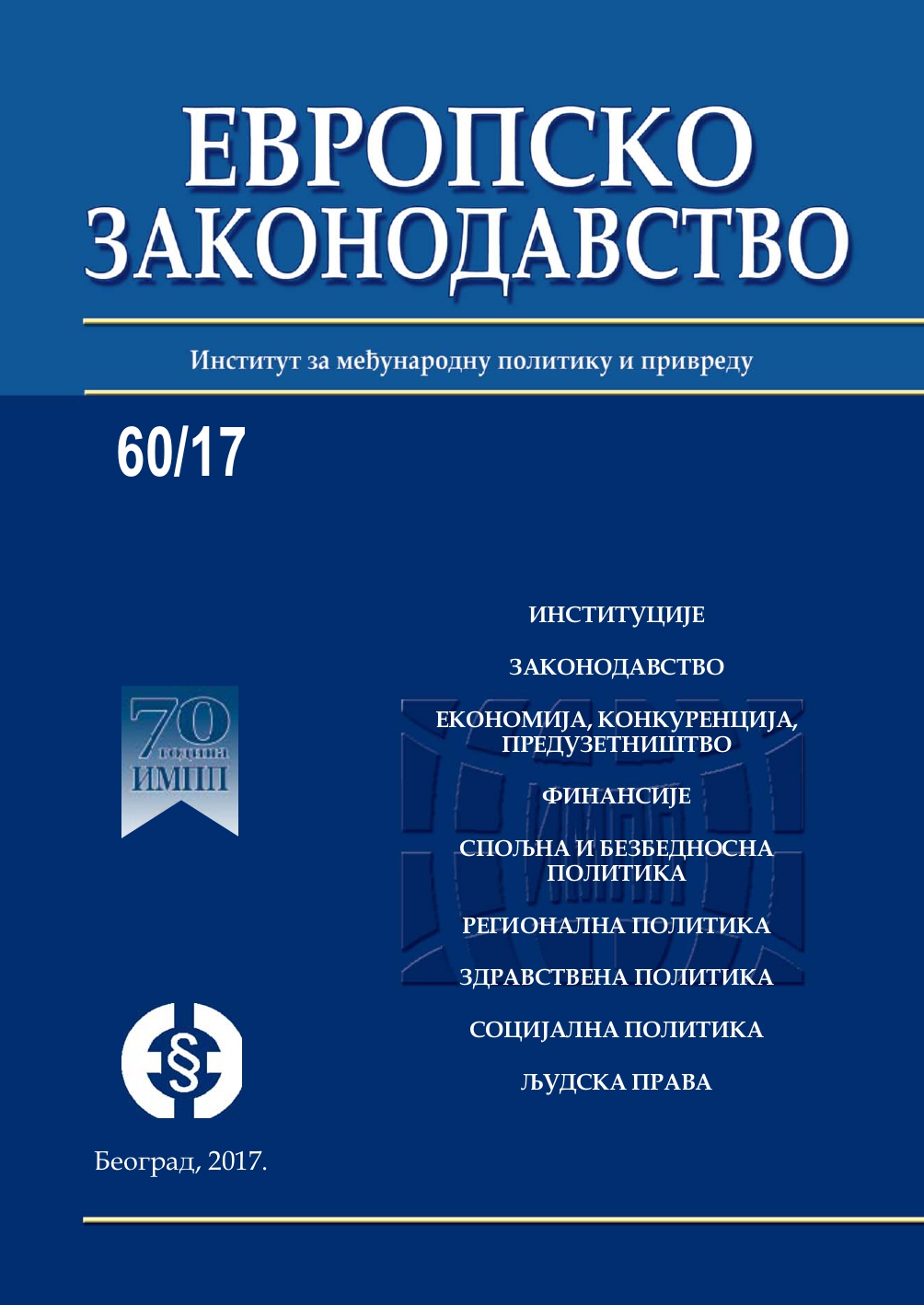Економске основе надолазећег мултилатерализма: тренд релативног опадања ЕУ у односу на САД и Кину
Economic bases of the upcoming multilateralism: the trend of relative decline of the EU in relation to the USA and China
Author(s): Goran Nikolić, Predrag PetrovićSubject(s): Politics / Political Sciences, Law, Constitution, Jurisprudence
Published by: Институт за међународну политику и привреду
Keywords: EU;Eurozone;2017 GDP;industry;growth;relative decline
Summary/Abstract: Two interest rate rises in three months by the Federal Reserve, higher manufacturing purchasing managers' indices, stronger activity in the Chinese property market and falling unemployment rates in the developed world are all indicators of a likely acceleration in economic growth this year. Higher oil prices, together with wage pressures in the US, are contributing to a welcome increase in inflation and inflation expectations. Average inflation is also picking up in the euro area, to about 1.7 percent in 2017 from 0.2 last year, partly reflecting base effects from energy and food prices. Aggregate growth in the EU is likely to be fractionally slower in 2017 than in 2016, owing to weaker performances in Germany, Spain and the UK, while China's expansion continues to be fuelled by ever-increasing levels of debt. There are real prospects that the very slow growth in the EU (and the euro area), which lasts nine years, set out the medium and long- term. Problems for EU countries began a long time ago; since 1975 the EU has a 1 percentage point lower than the US average growth. According to the IMF, the share of EU in global GDP has been steadily falling since 2000 (when it was 1/3) and after 1/4 share in 2013 will fall to 1/5 in 2018. The key problem of the EU, and the euro area, is a decline in the competitiveness of its industry, to the benefit of East Asia, above all China. The importance of the EU as an investor has also been decreasing since the beginning of the crisis, and the same is the case with the participation of the EU in the world's exports, which drops from 18% in 2000 to an estimated 14% of 2016. In addition, further political fragmentation of Europe is likely, with parties of the traditional centre-left and centre-right struggling to gain enough support to govern effectively.
Journal: Европско законодавство
- Issue Year: 2017
- Issue No: 60
- Page Range: 118-137
- Page Count: 20
- Language: Serbian

